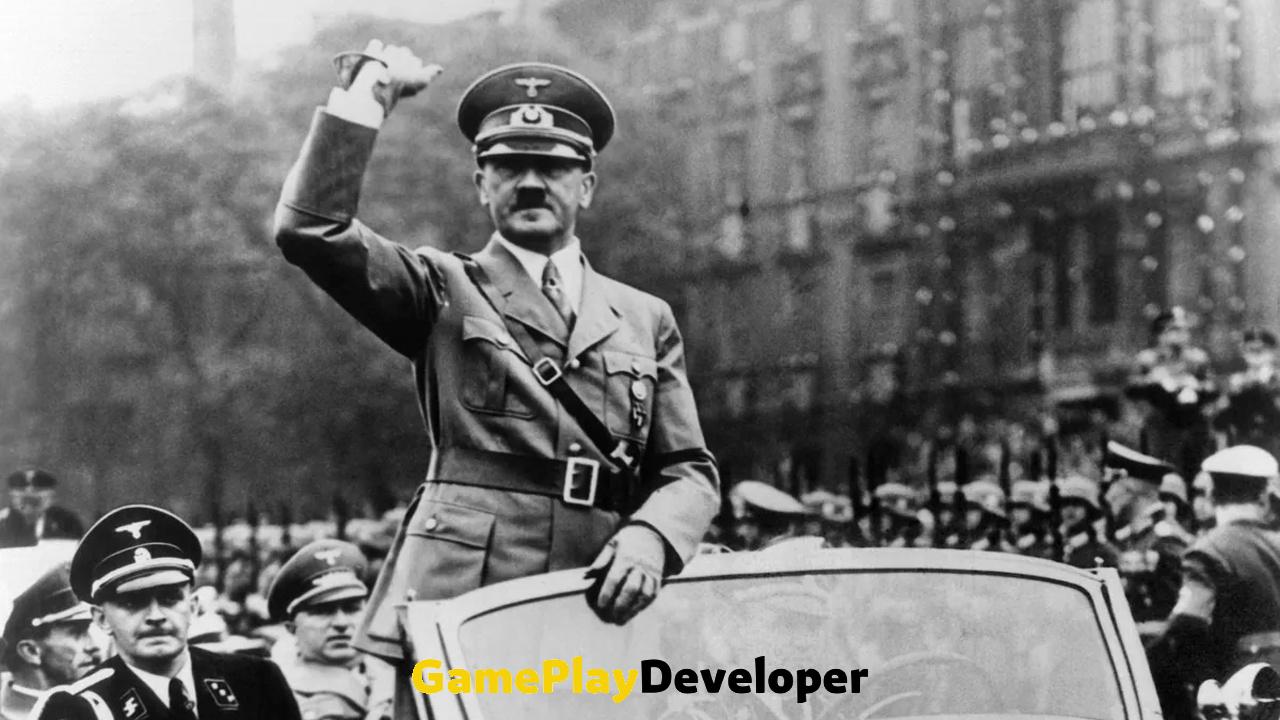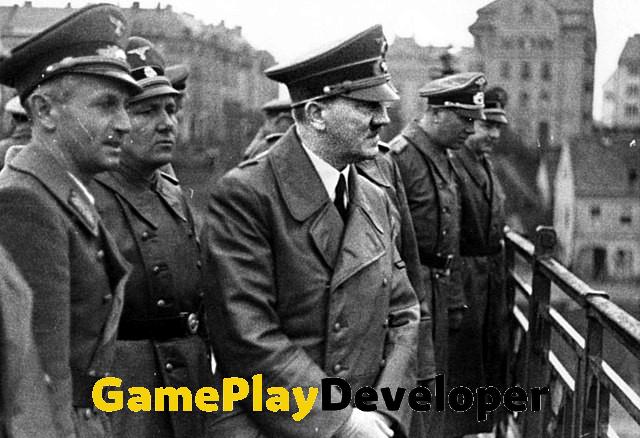Was Adolf Hitler indeed nominated for the Nobel Peace Prize?
The fact that Adolf Hitler was nominated for the Nobel Peace Prize in his time is an often-told piece of information. And as strange as it may …

The fact that Adolf Hitler was nominated for the Nobel Peace Prize in his time is an often-told piece of information. And as strange as it may sound nowadays, this information is the truth. But this nomination actually fell victim to the quirks of the Nobel nomination system. it’s a sarcastic jokenot much is known.
Hitler was nominated for the Nobel Peace Prize in 1939 by Swedish politician Erik Gottfrid Christian Brandt.
Not everyone had the honor of nominating people for the award. The Norwegian Nobel Committee only accepted candidates from individuals with certain statuses at the top of the organization, including university professors, previous Nobel Peace Prize winners, and members of the national assembly or national government.
As a member of the Swedish Parliament, Brandt fit these descriptions, but he apparently did not intend the nomination proposal to be significant. Brandt, was part of the centre-left Social Democratic Party And he was an antifascist. Hitler’s nomination, then British Prime Minister Neville ChamberlainIt was intended as an ironic reference to other members of the Swedish parliament who had nominated .
By the time Chamberlain took office in 1937, Hitler had begun to aggressively expand Germany’s army and set his sights on German-speaking Europe. Chamberlain had an approach to appease Hitler. The horrors of the First World War were still fresh in his mind, so he wanted to avoid armed conflicts with Nazi Germany.
The Munich Agreement, signed by Germany, Britain, France, and Italy on September 30, 1938, allowed the German annexation of the Sudetenland in western Czechoslovakia, provided that Hitler did not make any other claims for European territory.
Following the agreement, Chamberlain returned to the residence and famously declared that he had guaranteed the peace. This development He was nominated for the Nobel Peace Prize by 12 Swedish lawmakers.
Of course, this peace was not guaranteed as one might think, and many Chamberlains, including Brandt, were apparently skeptical of this self-proclaimed success.

If you look at Brandt’s letter to the Norwegian Nobel Committee, it can be clearly seen that he was extremely cynical. According to the Nobel Peace Center, in this letterWhen we look at the writers, the following is said in summary: Adolf Hitler, with his radiant love for peace, as previously documented in Mein Kampf – arguably the world’s finest and most recognizable peace book and peaceful achievement alongside the Bible – with the annexation of Austria – freed his citizens in the Sudetenland from the use of force. fled and made his homeland great and mighty. If left alone by his warmongers, Hitler will probably bring peace to Europe and possibly the entire world.” Again in a one-on-one letter, “ If some Swedish parliamentarian had not nominated British Prime Minister Neville Chamberlain as another candidate, I would not have found this moment to be the right time to nominate Hitler. This nomination proposal appears to have not been properly thought out. While it is unmistakable that Chamberlain contributed to maintaining world peace by properly understanding Hitler’s striving for peace, the final decision was Hitler’s and not Chamberlain’s! Hitler must be thanked above all for the continued peace in the wider European lands; and it is this man again who hopes for peace in the future” is called.
As might be expected, this cynical approach was not well received at the time. The anti-fascists in Sweden were outraged by his candidacy and dismissed Brandt as ” crazed, clumsy and betraying the values of the staff class“. His lectures were canceled and he received a series of violent threats from the public as well.
History next to Brandt
Many did not believe the nomination was satire, but history appears to be on Brandt’s side. Soothing efforts II. It did not stop World War II, and some people even argue that this policy strengthened Hitler’s aggression and opened the way directly to war.
It is also clear that Brandt remained strongly anti-fascist throughout the war. He criticized his own party for not accepting more Jewish refugees from Germany to Sweden, and was one of the first politicians to speak out about rumors of German extermination camps in Poland.







